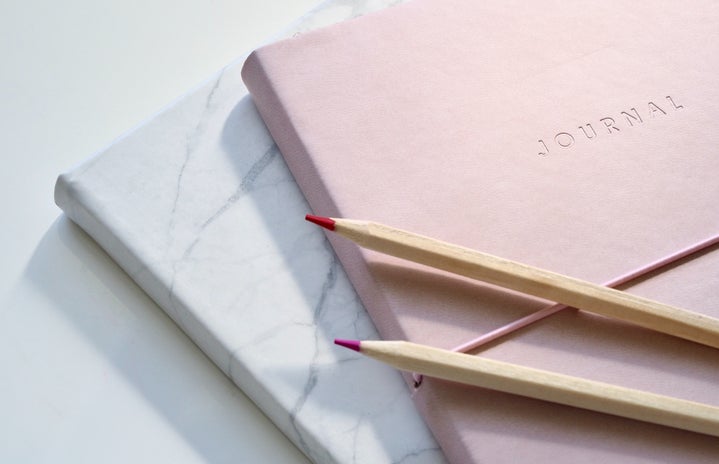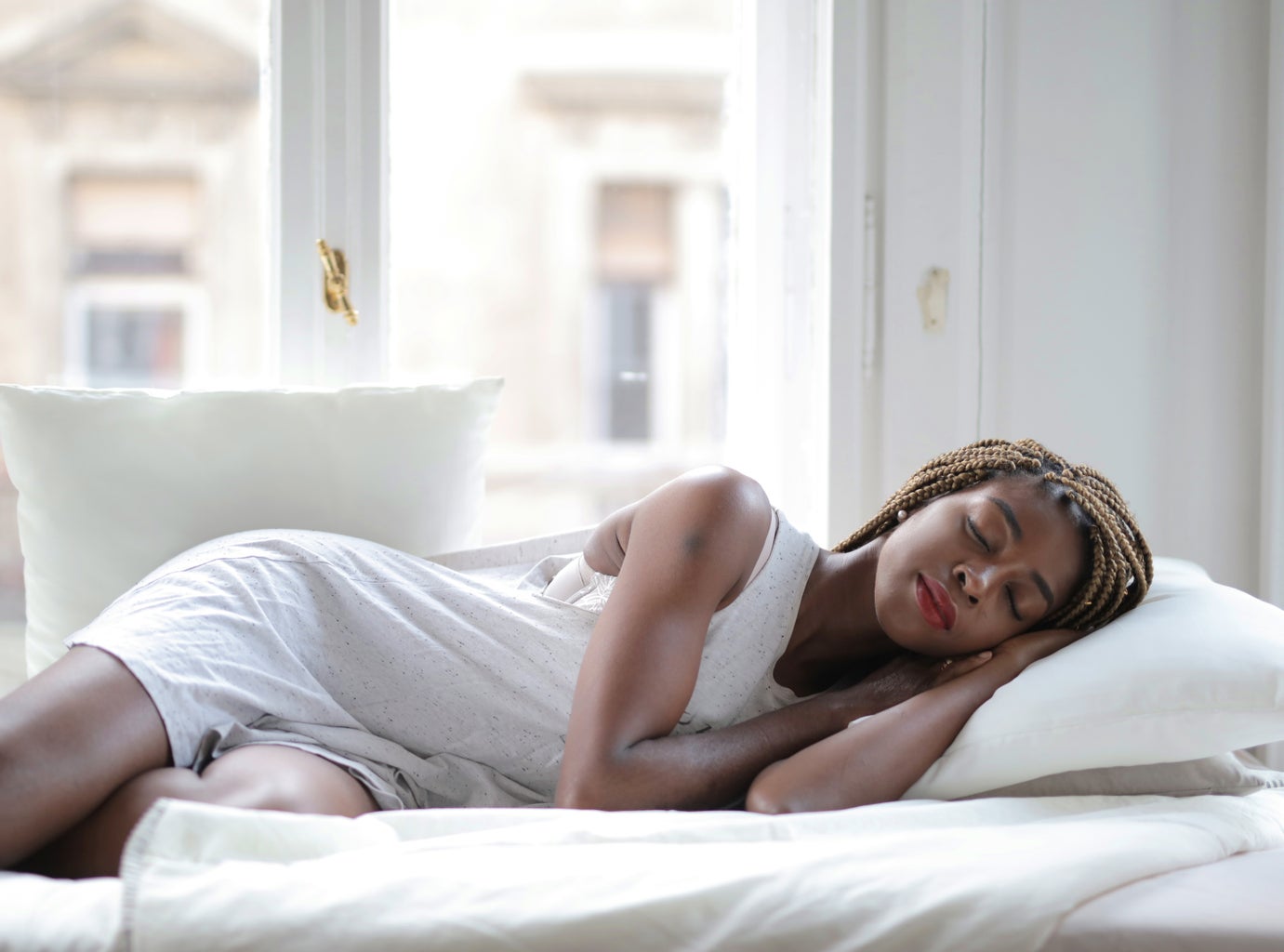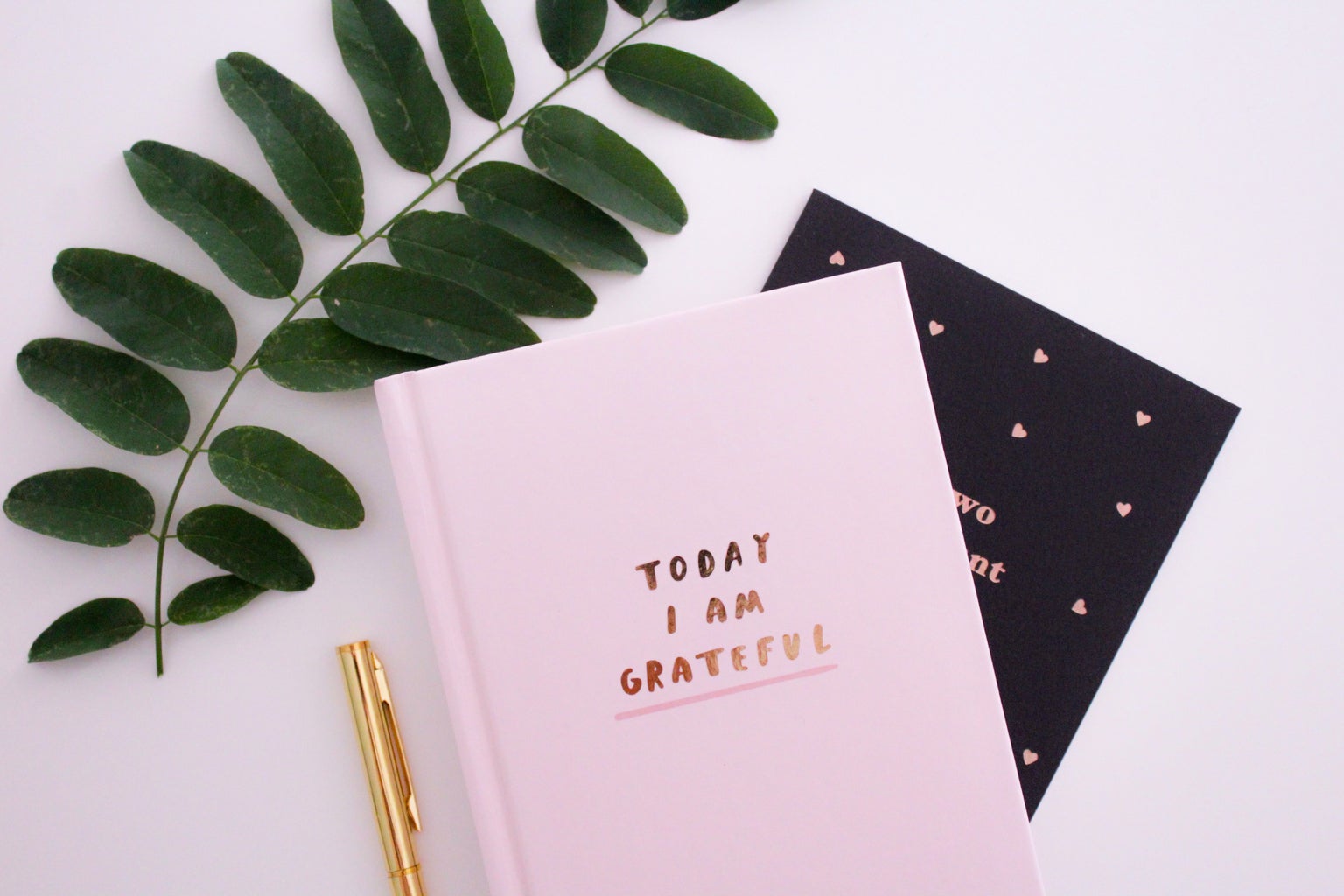Journaling is widely understood as a useful habit for managing mental health. A 2018 study revealed that writing about positive aspects of yourself and your experiences can lead to “less depressive symptoms and anxiety” and “greater resilience” after only one to two months.
Beyond managing mental health, reducing stress, and improving mood, journaling is also commonly associated with a variety of other benefits, like lowered blood pressure, higher student grade averages, and self-discovery.
As a student and a young person wanting to lead a healthier and more emotionally intelligent lifestyle, I believe all of these benefits make journaling a great habit to start in 2024. I’ve journaled intermittently in the past, but this year, I’m committed to maintaining a daily writing routine.
My Journaling Habits
I keep two separate journals: one for special memories and the other for my daily journaling practice. The first journal is a routine passed down from my mom. She wrote down every birthday, holiday, and milestone in our lives, and encouraged us to do the same once we were old enough. Being able to look back on a collection of the most important moments in my life is very special to me.
The second journal is the habit I want to be more committed to in 2024. I use this one to write down what happens in my day-to-day life.
Personally, I find it best to journal in the evening or at night, right before bed. Overthinking often keeps me up at night, so writing before I go to sleep helps me get the thoughts out of my head. Getting my thoughts on paper helps put my mind at rest, which helps me fall asleep easier and sleep more consistently.
When I journal, I try to write about my emotions rather than the events of the day, unless an event was particularly important or the root of my feelings. I find that this method helps me better identify how I am feeling each day and the origins of these emotions. Being able to put my feelings into words and reflecting on where they are coming from gives me the awareness to understand what triggers certain emotions and what I need to do or avoid doing when it comes to dealing with my feelings.
The trap with journaling emotions, however, can be getting stuck in a spiral. When having bad days, it can be easy to get caught up in writing only about the negative. Journaling is a useful outlet for sadness, anger, worries, and frustration, and it should be — those emotions can be more damaging when they are suppressed. However, it is important to break negative spirals.
A therapist who encouraged me to journal once challenged me to end every daily entry by writing down one thing about the next day I was looking forward to. It can be hard, but these don’t have to be big or important events. Sometimes, I’m just looking forward to watching an episode of a TV show or eating a good meal the next day.
In 2024, I’m building onto this habit by adding another element to the end of my daily journal entries: gratitude. Every day, I list three things from that day that I am grateful for, even if they are as simple as a comfy bed. I find that building gratitude is very helpful when trying to develop a more positive mindset, and just making a short list of what I am grateful for each day is a really easy way of practicing thankfulness.
Most importantly, this year, I don’t want to put pressure on myself while journaling. I’m going to remind myself that most entries don’t need to be long or complex reflections on my emotions and mindset. Most days, it’s good enough to jot down a few quick sentences. To me, fostering the habit of writing every day is the most important part of journaling, because it helps me stay aware, connected to, and understanding of my emotions over time.





